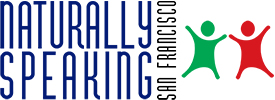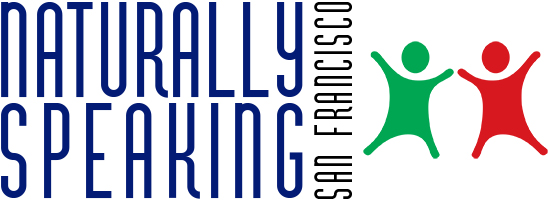Annick Tumolo MS CCC-SLP is highly experienced in the treatment and evaluation of autism spectrum disorders in the Bay Area
According to Introduction to Communication Disorders: A Lifespan Evidenced Based Perspective by Robert E. Owens, Kimberly A. Farinella and Dale Evan Metz, many children with Autism Spectrum Disorders, but not all, have abnormal social interactions and failure in the give-and-take of conversation; poorly integrated verbal and nonverbal communications, including eye contact and body language; difficulty adjusting to different social situations and stereotypical motor patterns; and echolalia, or repetition of others’ speech, repetitive use of objects, and repetition of certain expressions.
The following information was taken from the Autism Foundation website www.myasdf.org/site/ :
The National Institute of Mental Health states that symptoms of autism spectrum disorder vary from one child to the next, but all demonstrate deficits in three areas:
- Social interaction
- Verbal and nonverbal communication
- Repetitive behaviors or interests
Each of these symptoms runs the gamut from mild to severe. They will present in each individual child differently. For instance, a child may have little trouble learning to read but exhibit extremely poor social interaction. Each child will display communication, social, and behavioral patterns that are individual but fit into the overall diagnosis of ASD.
The following warning signs or “red flags” should be considered as indicators for investigating the possibility of an autism spectrum disorder (ASD) and does not mean a child has an ASD. That requires a diagnostic process from a team of professionals.
6-12 Month Markers:
- Infrequent eye contact
- Failure to orient to name
- Does not smile in response to smiles from others
- Social and emotional passivity
- Fixation on objects
By 12 Months:
- Poor or no eye contact
- Failure to orient to name
- Poor imitation
- No babbling by 12 months
- No gesturing by 12 months
By 16 Months:
- No single words by 16 months
- No pointing to objects or events of interest in an effort to share
By 24 Months:
- No spontaneous two-word phrases
- Loss of any language or social skills at any age
For more helpful information including who is at risk, diagnosis and treatments go to the National Institute of Mental Health’s website:
Go to http://www.nimh.nih.gov/health/index.shtml and click on Autism Spectrum Disorders





